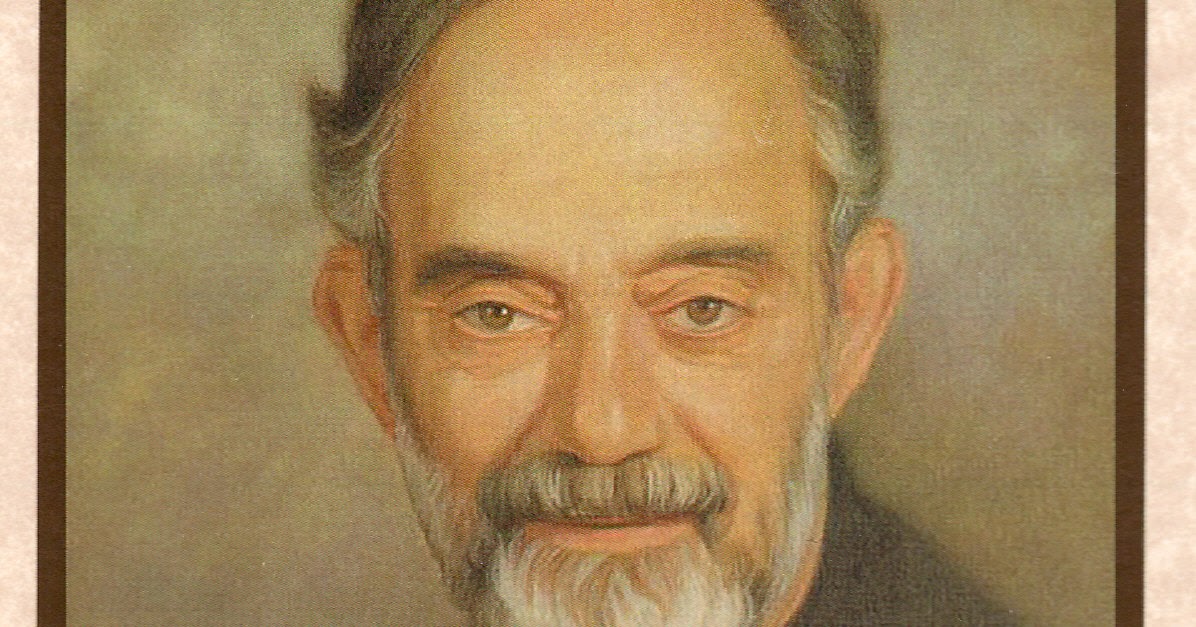

Sometimes, various Holy Fathers may have contradictory opinions about a certain question, and where no consensus exists, the individual is free to follow their own conscience. Individuals are permitted to hold theologoumena (private theological opinions) so long as they do not contradict traditional Eastern Orthodox teaching. The Eastern Orthodox believe that there must always be room for mystery when speaking of God. The Church is unwavering in upholding its dogmatic teachings, but does not insist upon those matters of faith which have not been specifically defined. The Church sees this as the action of the Holy Spirit on history to manifest truth to man. It is this contention which, through time, clarifies the truth. The Church also understands that not everything is perfectly clear therefore, it has always accepted a fair amount of contention about certain issues, arguments about certain points, as something that will always be present within the Church. It does not, however, believe that truth changes, and it therefore always supports its previous beliefs all the way back to what it holds to be the direct teachings from the Apostles. Likewise, the Eastern Orthodox Church has always recognized the gradual development in the complexity of the articulation of the Church's teachings.

The Bible has come to be a very important part of " Tradition", but not the only part.

Eastern Orthodox Christians regard the Christian Bible as a collection of inspired texts that sprang out of this tradition, not the other way around and the choices made in the compilation of the New Testament as having come from comparison with already firmly established faith. When questions of belief or new concepts arise, the Church always refers back to the original faith. The Eastern Orthodox Church asserts to have been very careful in preserving these traditions. Within a very short period of time traditions were established to reinforce these teachings. For the early years of the church, much of what was conveyed to its members was in the form of oral teachings. The Eastern Orthodox Church considers itself to be the one, holy, catholic and apostolic church established by Jesus Christ and his Apostles. Icon depicting the Emperor Constantine (centre) and the bishops of the First Council of Nicaea (325) holding the Niceno–Constantinopolitan Creed of 381.


 0 kommentar(er)
0 kommentar(er)
